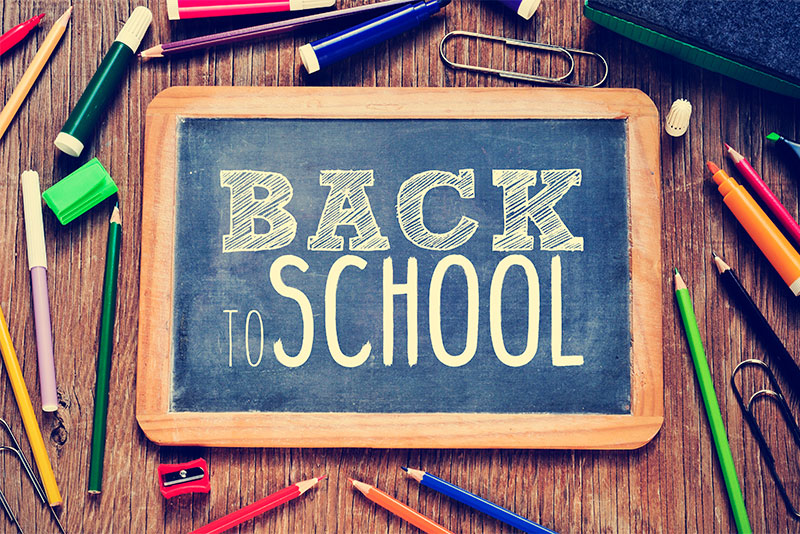
Transitioning the Family From Summer to School
The Calli InstituteWhen school lets out for the summer, kids and parents alike tend to enter a stage of bliss. Home becomes a little sweeter, the weight from academics is lifted, and the only worry in the world is how to pack so much fun into so little time, right? When school lets out for the summer, kids and parents alike tend to enter a stage of bliss. Home becomes a little sweeter, the weight from academics is lifted, and the only worry in the world is how to pack so much fun into so little time, right?
Something starts to happen around the 4th of July. An anxiety starts to creep in as the realization summer is already halfway over. By the time the state fair hits, the whole family can feel the school season looming.
No matter how many times the family makes the leap between school and breaks, successfully transitioning the family’s norm is a HUGE feat. Things we hear about most in our office range from the child or parent’s feelings of anxiety or worry, to the entire family’s reactivity towards each other. Simply purchasing school supplies off a prescribed list can feel like you’re going into battle.
After hearing years and years of client stories, and having our own experiences with the “Back to School Blues,” we were able to compile a how-to guide for getting back into the groove of school.
1. Ease back into the routine
It generally takes 1-2 weeks before it feels “normal” to be back in school. You can expedite the transition by starting the school-time sleep regiment 1-2 weeks before school starts, allowing your body to adjust.
2. Take a moment to think about what you can look forward to
Are there friends that you miss? A teacher you can’t wait to see? Is this the year you get to dissect a frog, or did you get the better teacher in a specific subject?
3. Work smarter, not harder
Most schools have some sort of syllabi or course planner available online. Go over what the school year looks like ahead of time. Map it out with your child and work ahead when possible. Get into the habit of doing homework as assigned to prevent falling behind later in the year. Think about picking clothes out the night before, packing your backpack before bed, and creating a meal planner to optimize your lunch and dinner choices.
4. Connect with the teacher ahead of time
Teachers are generally receptive to any advice or feedback you have in helping your child be successful in his or her class. Worried about the timing of a big project and a trip you have to take? The earlier you tell them, the more likely they are to accommodate your unique needs.
5. Start stretching your mental flexibility
No matter how structured you are, or how ingrained your routine is, things happen. Whether it’s work, the weather, a sports tournament, or a standardized test, life throws curve balls at the most inconvenient of times. Learning to adhere to your routine without letting it drive you is an important skill to have and model. Awarding the most deserving member of your family with the “Gold Medal in Mental Gymnastics” can also be work as an incentive for children who struggle with change.
